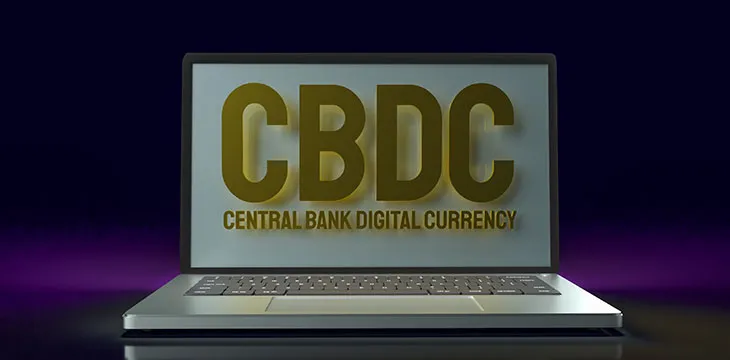|
Getting your Trinity Audio player ready...
|
Nigeria launched its central bank digital currency (CBDC)—eNaira—this week, effectively becoming the first country in Africa to do so.
President Muhammadu Buhari announced the official rollout of the central bank-backed eNaira at the State House in the nation’s capital, Abuja, with the theme, “Same Naira, more possibilities.” Top government officials such as Vice President Yemi Osinbajo, Central Bank of Nigeria (CBN) Governor Godwin Emefiele, and other dignitaries were also present during the launch.
The digital currency has two applications: the eNaira speed wallet and eNaira merchant wallet. Both apps were also launched at the State House in Abuja and are available on Google’s Play Store and Apple’s App Store for users to download.
Plans on the new payment system have been ongoing in the last four years. According to Central Bank of Nigeria Governor Godwin Emefiele, 500 million eNaira ($1.21 million) have already been minted.
Buhari said the adoption of the new CBN digital currency is estimated to increase Nigeria’s GDP by $29 billion over the next 10 years. In a statement, he said: “We have become the first country in Africa and one of the first in the world to introduce a digital currency to our citizens.”
The functions of eNaira
According to the official website, eNaira will provide fast, easy, cheap, and safe means of payment for organizations and individuals.
The digital currency benefits including serving as both a medium of exchange and a store of value, offering better payment prospects in retail transactions when compared to cash payments; it also fosters economic growth by offering easier access to capital and financial services thereby increasing economic activities at low/no interest transaction rates. The currency also has traceability features that limits its use for illicit or fraudulent purposes, while also providing financial inclusion by making financial services available to users who don’t have banking opportunities. Finally, the digital assets also facilitate cheaper diaspora remittance options and an increase in the speed of such transactions, according to the central bank.
To learn more about central bank digital currencies and some of the design decisions that need to be considered when creating and launching it, read nChain’s CBDC playbook.
Watch: CoinGeek New York panel, Future of Digital Asset Trading & Financial Services

 06-30-2025
06-30-2025 





